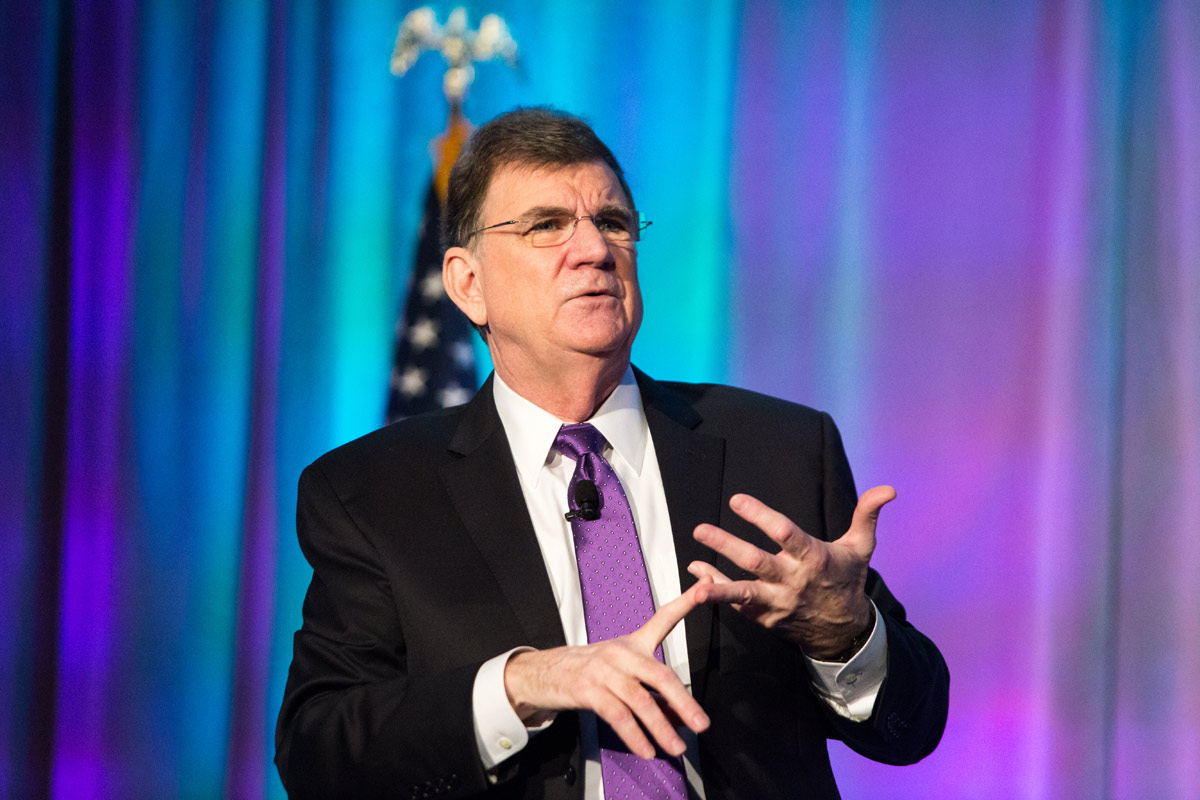Mike Hourigan, Negotiation Skills Keynote Speaker
So, What is Your Price?
As a negotiation skills keynote speaker who teaches skills such as “don’t qualify your price,” I remember the old quote about those who negotiate the price of a product or service before the negotiation. “Qualifying price” is a negotiation skills mistake that far too many inexperienced negotiators make, and it has harmed thousands of businesses.
Many Names, Same Result
In teaching negotiation skills, as a keynote speaker I am always worried when a company uses different terms to describe how they price their products. The first example of this practice occurred many years ago when I asked the owner of a chain of transmission shops how they negotiated the price of a transmission job for a fleet client. The question they asked in return was: “A regular job or a guaranteed job?”
I shook my head at the thought that they actually offered a price for doing an expensive repair job for which there was no guarantee! Who would want to negotiate a deal like that? In fact, organizations who are inexperienced at negotiation come up with all kinds of qualifiers.
Here are several qualifying terms I have heard that are used by inexperienced negotiators as they come to the negotiating table (with some of my questions as me playing the negotiating party):
- Suggested Price – Who suggested it and why was it suggested?
- Usual Price – What qualifies us as unusual?
- Regular Price – When does the price become irregular?
- Lowest Price – Why would I want to negotiate the highest price with you?
- Normal Price – Is there an abnormal price?
- Best Price – Does that mean I could have gotten the worst price?
- List Price – How often is a new list price published?
- Reduced Price – Well…what is wrong with what you are trying to sell me?
- Book Price – Are you still back in those olden days?
- Basic Price – Is there a fancy price?
- Asking Price – Why are you asking? It’s not what I am bidding!
- Quoted Price – Who are you quoting, Shakespeare or Churchill?
The important point is that the more a negotiator adds in qualifiers, the weaker they become. I once knew an inexperienced negotiator who was in the food manufacturing business. They did a lot of private label work. Without fail, every time a prospective customer would ask: “Is that your best price?” He would answer: “Let me sharpen my pencil and get back to you.”
Would you trust someone who was perpetually in the pencil sharpening business? I wouldn’t.
So, What is Your Price?
I want someone who states a price, sticks to it, and tells me why. This doesn’t mean there can be no negotiation, but when it makes sense; for example, quantity discounting, add-ons or selling excess inventory.
What should not be done is throwing out a slew of qualifiers because you are so afraid of losing a sale, that you would rather run at a loss or ruin a reputation with other customers.
You are plenty good enough and so is your product or service, be confident and always negotiate from a position of positivity.
To contact Mike Hourigan, Effective Negotiation and Leadership Speaker for a virtual or in-person presentation, please call Mike today at (704) 875-3030 or fill out the form below.
Negotiation Skills Speaker

Contact your Negotiation Skills Speaker
- Share:
You may also like

How is AI Affecting Change Management?
- 10/14/2024
- by Mike Hourigan
- in Blog



